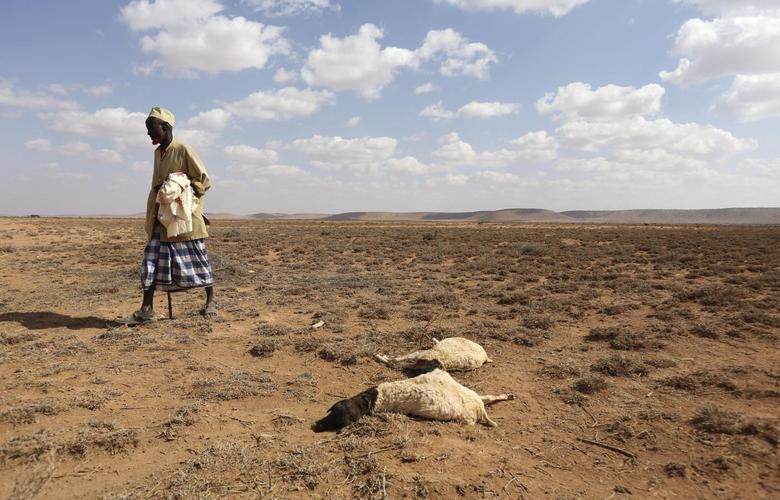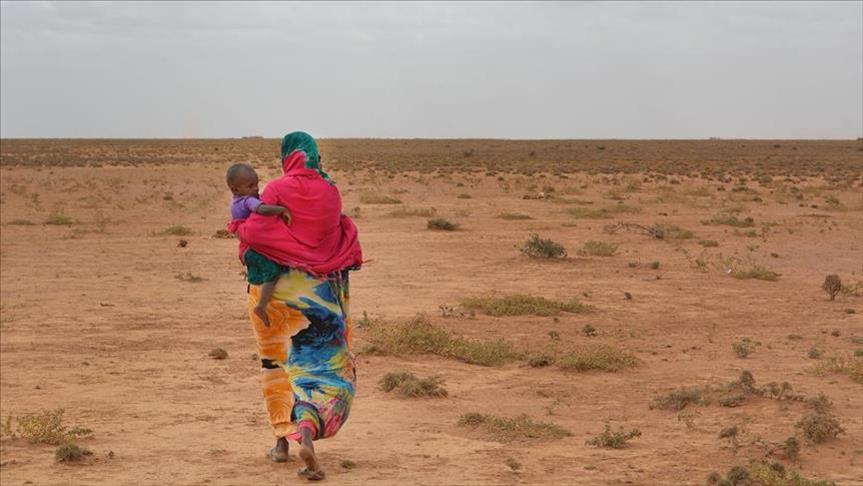Wishful thinking problems in Africa
Africa is one of the most diverse, culturally and naturally rich continents in the world, but it faces enormous challenges that hinder its progress and development. From extreme poverty to climate change, from lack of infrastructure to armed conflicts, these challenges deepen the economic and social pain of millions of individuals. Despite the efforts made by governments and international organizations, the path to sustainable development in Africa still requires continuous and interactive efforts of all concerned parties.
In this article, we will discuss in detail some of the most prominent development problems facing the African continent today, focusing on the causes and their implications, as well as proposed solutions that can contribute to achieving positive and sustainable change in the lives of the population there.
These problems present real challenges for the continent, but they also present opportunities for innovation and positive change, especially when governments, international organizations, and the entire international community cooperate to find sustainable and effective solutions.
Development challenges in Africa: a comprehensive analysis and solution strategies
Africa, a diverse continent rich in cultures and Natural Resources, faces many development challenges that hinder its progress and negatively affect the livelihood of its inhabitants. Many of these problems are due to the historical influences of colonialism, which left their mark on the structure of the continent’s economy and politics. Among such problems are:
Poverty and economic inequality
Africa suffers from high levels of poverty, with more than half of the continent’s population living below the poverty line. This phenomenon causes a lack of opportunities and access to basic services such as education and health care. Poverty is usually associated with economic inequality, as only certain strata benefit from natural wealth and foreign investments. In addition, many countries lack effective economic policies that contribute to an equitable distribution of wealth. Unstable economic conditions and heavy dependence on foreign aid further complicate the problem.
Climate change
The population of Africa is facing increasingly negative impacts from climate change, such as droughts, frequent floods and rising average temperatures. These changes affect food security and the local economy, and make poor communities more vulnerable to these challenges. Many inhabitants of the continent depend on agriculture as the main source of livelihood, and with climate change, agricultural conditions become unstable, which leads to crop shortages and an increase in food prices. This situation exacerbates the poverty situation and exacerbates conflicts over resources.

Lack of infrastructure
Many African countries lack adequate infrastructure that supports sustainable development, such as roads, ports, electrical networks and telecommunications. This hinders the growth of economic sectors and limits investment and development opportunities. Infrastructure development is vital to enable internal and external trade, and improve access to markets and services. For example, many rural areas suffer from geographical isolation that makes it difficult to transport agricultural products to markets, which negatively affects local income.
Armed conflicts and political instability
Many countries of Africa are experiencing internal armed conflicts or cross-border wars, which lead to population displacement, destruction of infrastructure and economy. These conflicts undermine the political and economic stability of the countries concerned. In addition to human and material losses, these conflicts disrupt education and health services, affecting future generations. Armed conflicts are often linked to competition for Natural Resources, which reinforces the need for effective and sustainable management of these resources.
Epidemiological diseases
Many epidemic diseases are spreading in Africa due to lack of health care and poor health infrastructure. These include diseases such as malaria, tuberculosis and human immunodeficiency virus (HIV). The spread of these diseases reduces the productive workforce and increases the economic burden on families and communities. Investing in health infrastructure, awareness and training is key to improving the health situation on the continent.
Lack of Education
Many countries of Africa suffer from a shortage of the education system, which affects the employment opportunities and personal development of individuals. Limited access to education hinders the ability to analyze, innovate and technologically develop. Education is one of the fundamental pillars of sustainable development, as it can help reduce poverty, improve health and promote economic growth. Improving the quality of education and expanding access to it are two of the development priorities of the continent.

Security threats
Some regions of Africa suffer from security threats such as terrorism and organized crime, hindering stability and economic development. These threats directly affect investments and reduce opportunities for economic growth. Strengthening internal security and regional and international cooperation to combat these threats is vital to achieving a stable environment that encourages development.
The development problems in Africa are diverse and complex and need comprehensive responses that include international cooperation, investment in infrastructure, strengthening good governance, promoting education and health care, and supporting environmental sustainability. Improving these aspects will contribute to achieving sustainable progress and improving the quality of life of the population in Africa. Achieving sustainable development on the continent requires concerted efforts from local governments, international organizations and civil society to ensure a brighter future for Africa and its peoples.
AHAD Association: empowering African communities towards a sustainable future
AHAD works hard in the heart of the African continent, especially in the countries of Central and West Africa, looking forward to improving the quality of life of the poor and disadvantaged in those regions through its various projects in the fields of health, education, water, and economic development.
AHAD recognizes the unique nature of the communities it works with, and believes that sustainable development starts from within the community itself. Therefore, AHAD adopts strategies based on empowering the community by leveraging the skills and capabilities of its members, and enhancing their effective participation in development projects. These strategies ensure the achievement of a sustainable positive impact that extends to future generations.
Ahad society initiatives
– Providing basic health services in rural and remote areas, through the establishment of health clinics and the provision of necessary examinations and treatments.
– Organizing awareness campaigns to educate communities about the importance of personal hygiene, vaccinations, and the Prevention of infectious diseases.
– Establishing schools and providing them with the necessary educational facilities to ensure an appropriate educational environment.
– Providing training programs for teachers to raise their efficiency and improve the quality of Education.
– Organizing literacy programs for adults to enable them to acquire basic skills that help them in their daily lives.
– Drilling wells in areas suffering from a shortage of clean water, to ensure access to safe drinking water for families.
– Developing sustainable irrigation systems to support local agriculture and improve food security.
– Providing small loans to support small and medium-sized enterprises, enabling individuals to improve their income and raise their standard of living.
– Providing training programs aimed at developing professional skills for young people and women, and increasing job opportunities.
AHAD works under the motto” because she deserves life”, striving with every effort to achieve this motto in every project she undertakes. AHAD aims to create a positive and sustainable impact in the lives of the communities it serves, by meeting basic needs, improving the quality of education, and empowering individuals to participate effectively in building productive and sustainable communities.
You can visit the AHAD website to find out more about the projects it offers
ALSO READ
WHAT THE FOOD BASKET CONTAINS IN AHAD
Join us in our message




